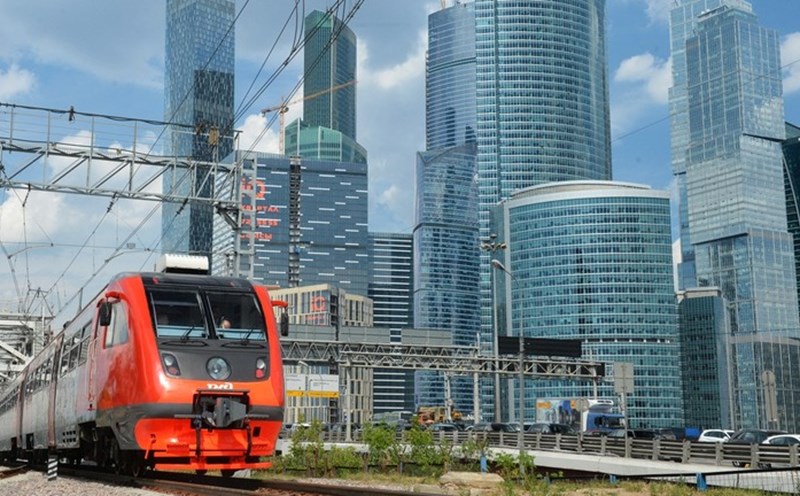Boarding doctor tuition fees between schools have a large difference
Boarding doctors are a training program after completing 6 years of medical school, studying and practicing at the hospital and are considered the elite force of the medical industry. Currently, there are 13 training institutions, each candidate can only take the exam once.
Tuition fees between schools are large. Hanoi Medical University earns 24.7-32.6 million VND/month; University of Medicine and Pharmacy (Hanoi National University) 74.64 million VND/year; Thai Binh Medical and Pharmaceutical University about 7.7 million VND/month; Ho Chi Minh City Medical and Pharmaceutical University 46.6-66.5 million VND/year; Pham Ngoc Thach Medical University about 63 million VND/year. Notably, VinUni has the highest rate of VND 932.4 million/year, but admitted students can be exempted from tuition fees and receive an allowance of about VND 10 million/month.
According to Decree 238/2025/ND-CP, students majoring in psychiatric, pathology, forensic medicine, psychiatric, infectious diseases and emergency resuscitation at public facilities are exempted from tuition fees; students studying at private facilities will be supported. Candidates must have a good or higher legal qualification, not be disciplined for 6 years of study, meet the foreign language standards of level 3 and meet the entrance exam requirements of each school.
Free tuition for boarding doctors - an essential investment in public health
Dr. Pham The Thach - Deputy Director of the Intensive Care Center (Bach Mai Hospital) - shared that resident doctors are not just learners, they have a medical degree, working as a real doctor. Under the guidance of lecturers, they directly treated patients from mild cases to severe cases. The working schedule is 12-16 hours a day, continuous night shifts make it impossible for them to earn extra income. Therefore, considering boarding doctors simply as students paying tuition is a paradox.
The financial burden is becoming a major barrier. Tuition fees are currently commonly 70-80 million VND/year, in some places up to more than 900 million VND. Meanwhile, previous support policies such as tuition exemption and monthly allowances have been cut. Most of the boarding doctors do not have income, except for some hospitals that provide support. The amount of support is not large but shows concern, sharing, helping young people feel secure in their studies to contribute.
International reality also shows a more fair view. In many countries, resident doctors are paid, exempted from tuition fees and have on-duty allowances. For example, in the US, a resident doctor can be paid 40-60 thousand USD/year, equivalent to about 1/4 of the main doctor's income, true to the nature of "study while contributing".
Dr. Thach believes that exempting tuition fees for resident doctors is not a privilege but a strategic investment. A resident doctor who is not a civil servant and has not received a state salary but works at a high intensity helps improve the quality of medical examination and treatment. Thanks to the policy of expanding inpatient training, many provincial hospitals have had a team of highly qualified inpatients - something that was previously difficult to do.
Investing in tuition exemption for resident doctors is an investment in the future of national health care. They have been committed to being at the forefront, society needs to restore fairness to them, to study with peace of mind, to contribute long-term, contributing to protecting and improving public health.









